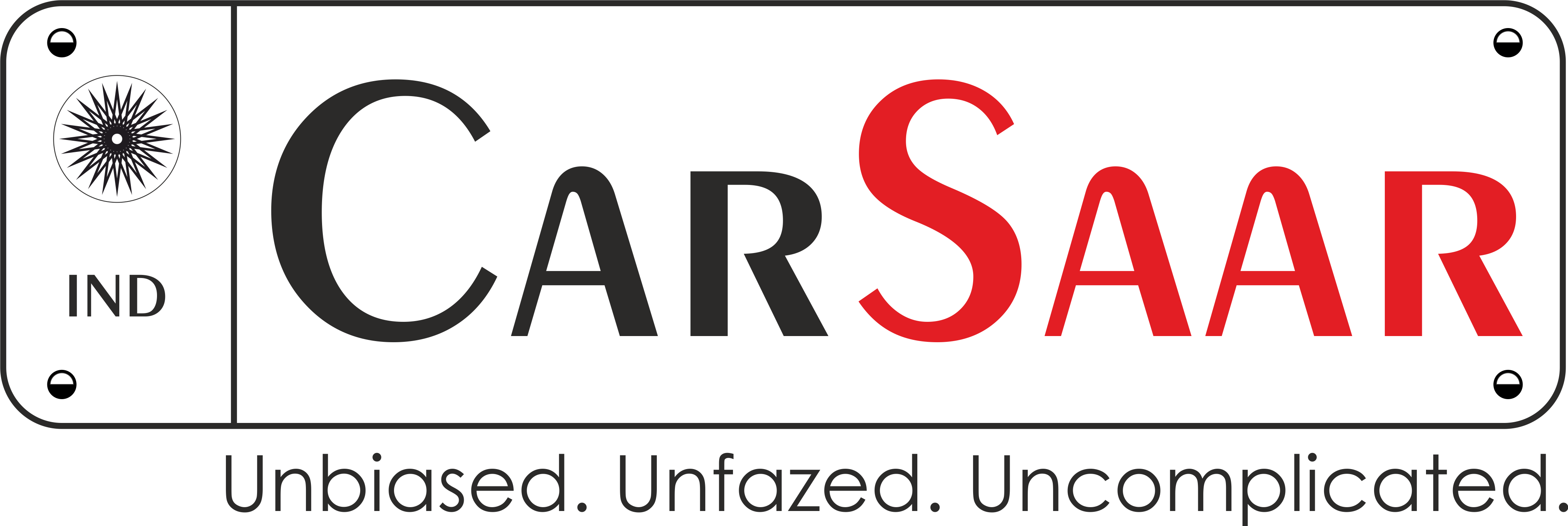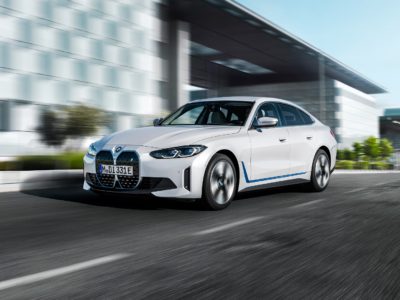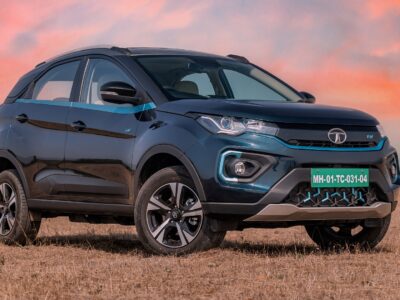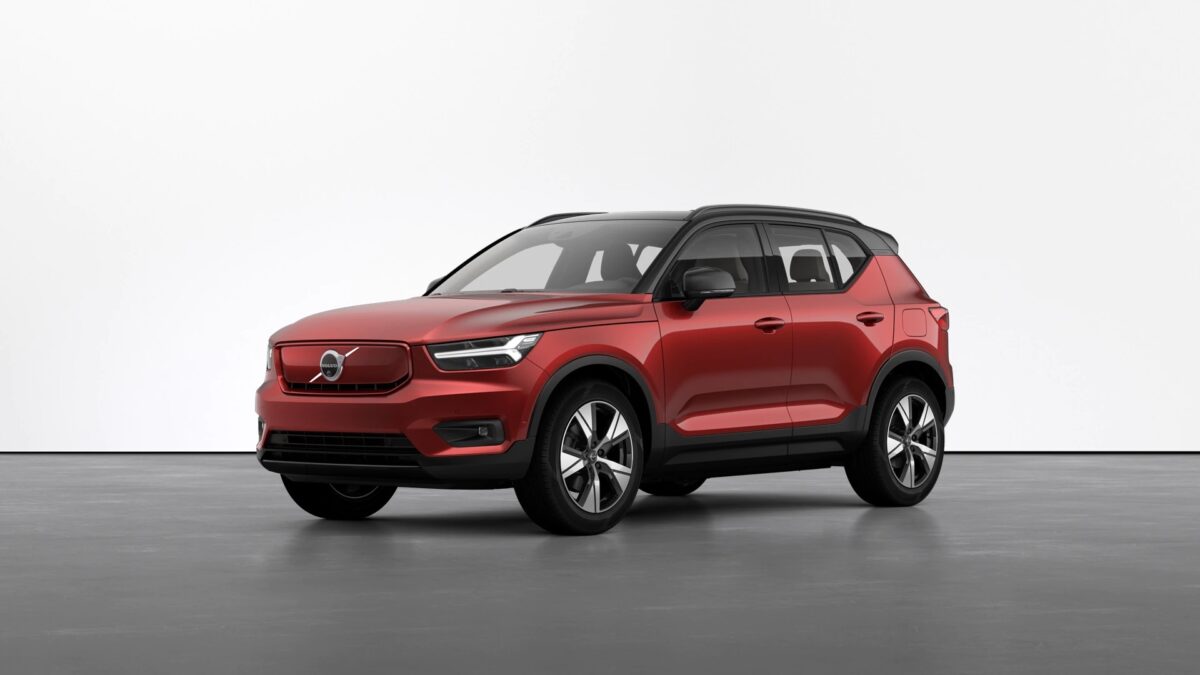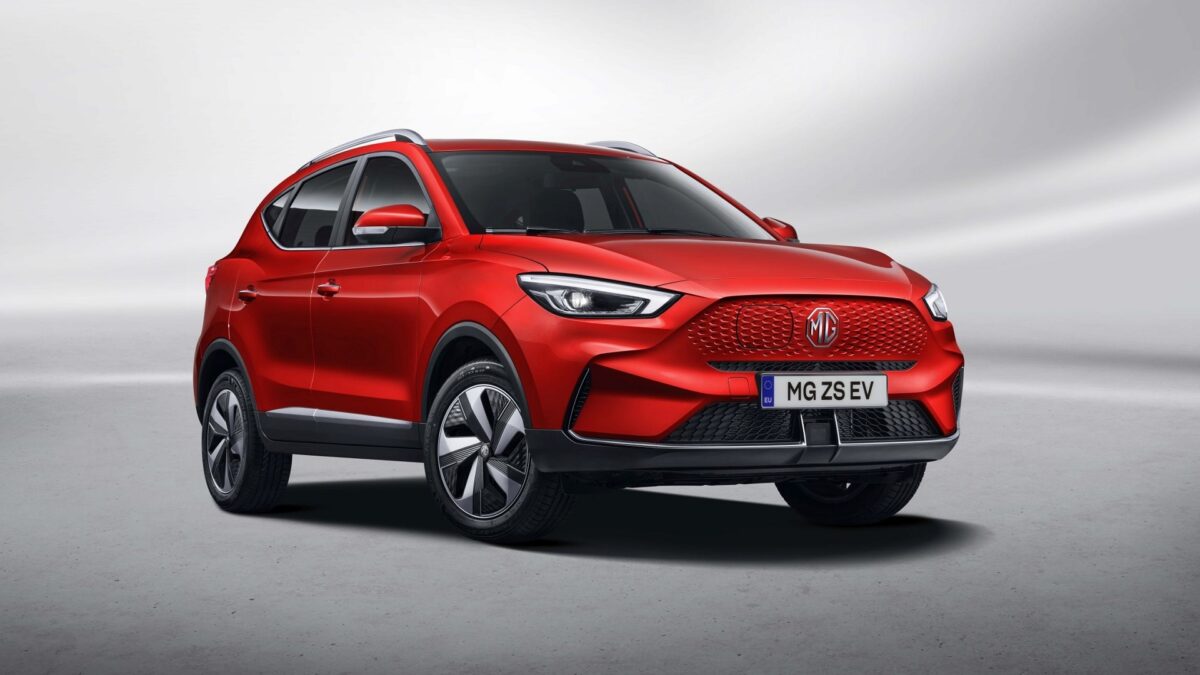FAME II Could Bring Lowered Import Duties On More EV Parts
India, as we all know, is lagging behind markets like China, Norway, USA and Sweden in the pursuit of transforming the whole transportation system from vehicles powered by fossil fuels to the ones which emit no emissions whatsoever. In fact, India’s handful automakers, which have pure-electric vehicles on offer, have to import more than 50 per cent of the crucial parts that go into making an EV (electric vehicle) from overseas.
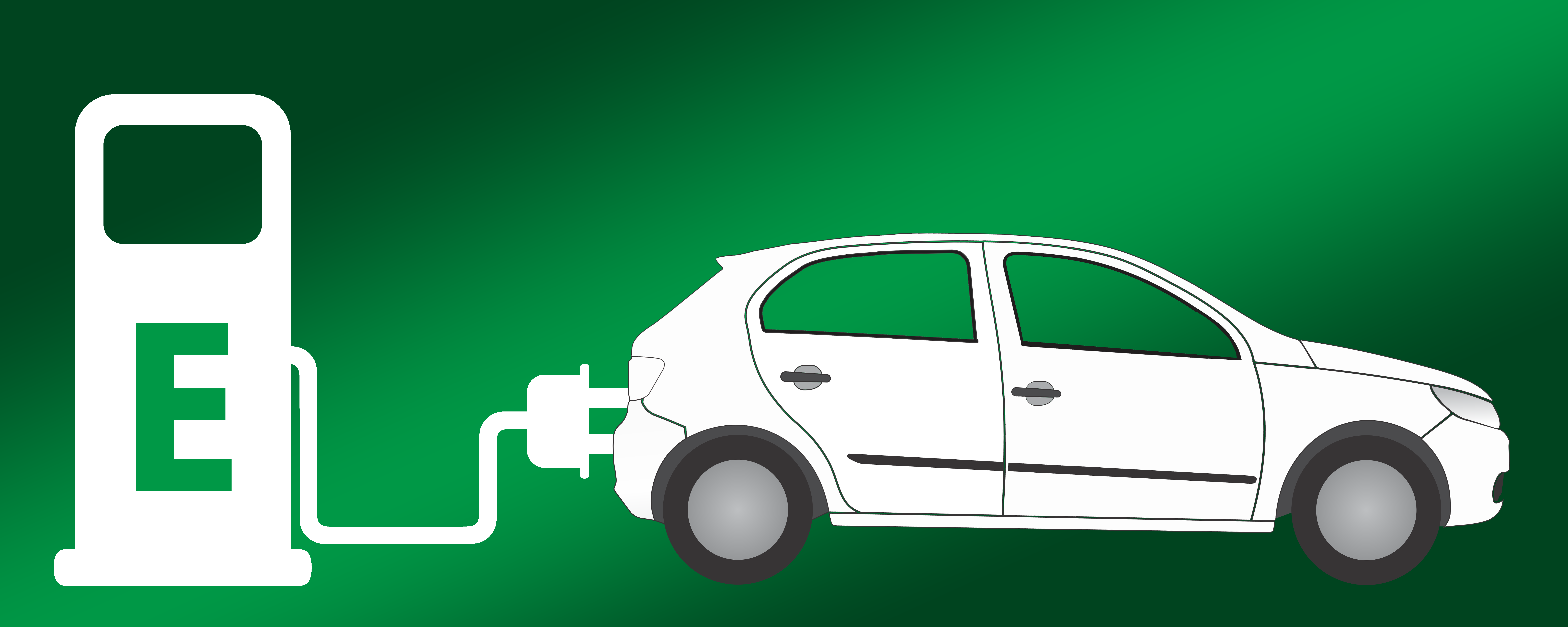
Presently, key components for electric vehicles such as the battery, controller, charger, converter, electric compressor, motor and energy monitor attract zero customs duty. On the other hand, parts which have metals and plastics in their form fall under the basic customs duty tax bracket of 28 per cent. To boost India’s shift towards assembling and manufacturing pure-electric vehicles, the Ministry of Heavy Industries & Public Enterprises has proposed of lowering duties on more parts which are needed to make an EV and the supporting infrastructure.
The Heavy Industries Ministry has proposed a definition of CKD (completely knocked down) and SKD (semi-knocked down) kits for EVs along with a revised tax structure which, if given the go-ahead, could lower the cost of making EVs in India less expensive. That, in turn, will have the automakers to price their zero-emission, battery-powered vehicles in such a way that they attract a wider audience.
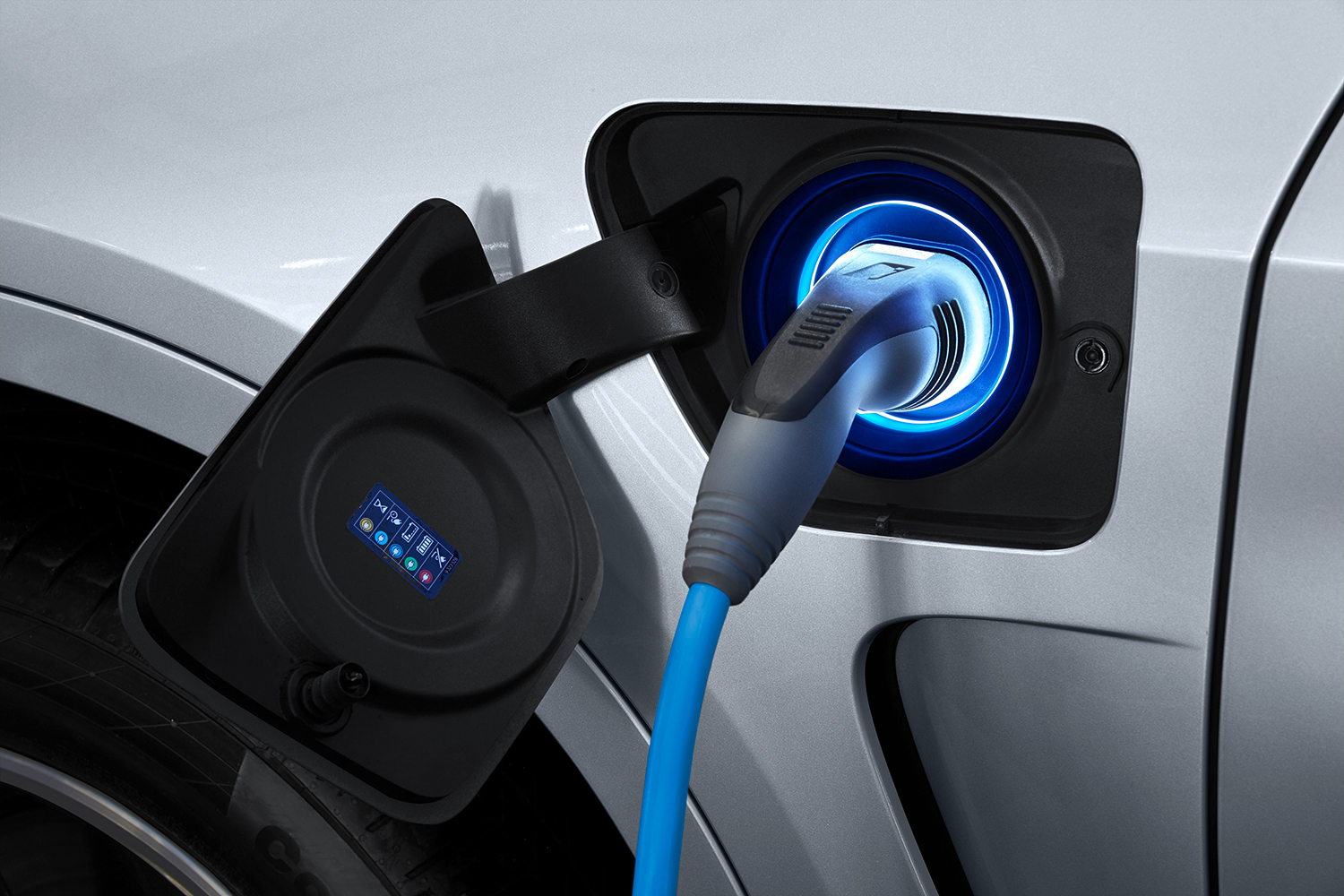
The revised tax structure has a one-year sunset clause. What that means is that once it comes into effect, it will automatically terminate after one year of its existence. The Heavy Industries Ministry presented the complete proposal to the Finance Ministry in a meeting last week. It is believed that if the concerning bodies approve the proposal, the lowered duties on parts for EVs and the supporting infrastructure could come into effect along with the Rs 5,500 crore FAME (Faster Adoption and Manufacturing of Electric Vehicles) II scheme.
Several parts are shared between pure EVs and strong hybrids. The revised import tax structure could give some hope to automakers who have hybrid vehicles on sale in India. But since the lowered tax structure will come with a one-year sunset clause, it won’t encourage the OEMs to import their strong hybrid products and assemble them locally. As such, FAME II has omitted all kinds of hybrid vehicles from the list of products which will be eligible for an incentive from the government.
Source: PTI

